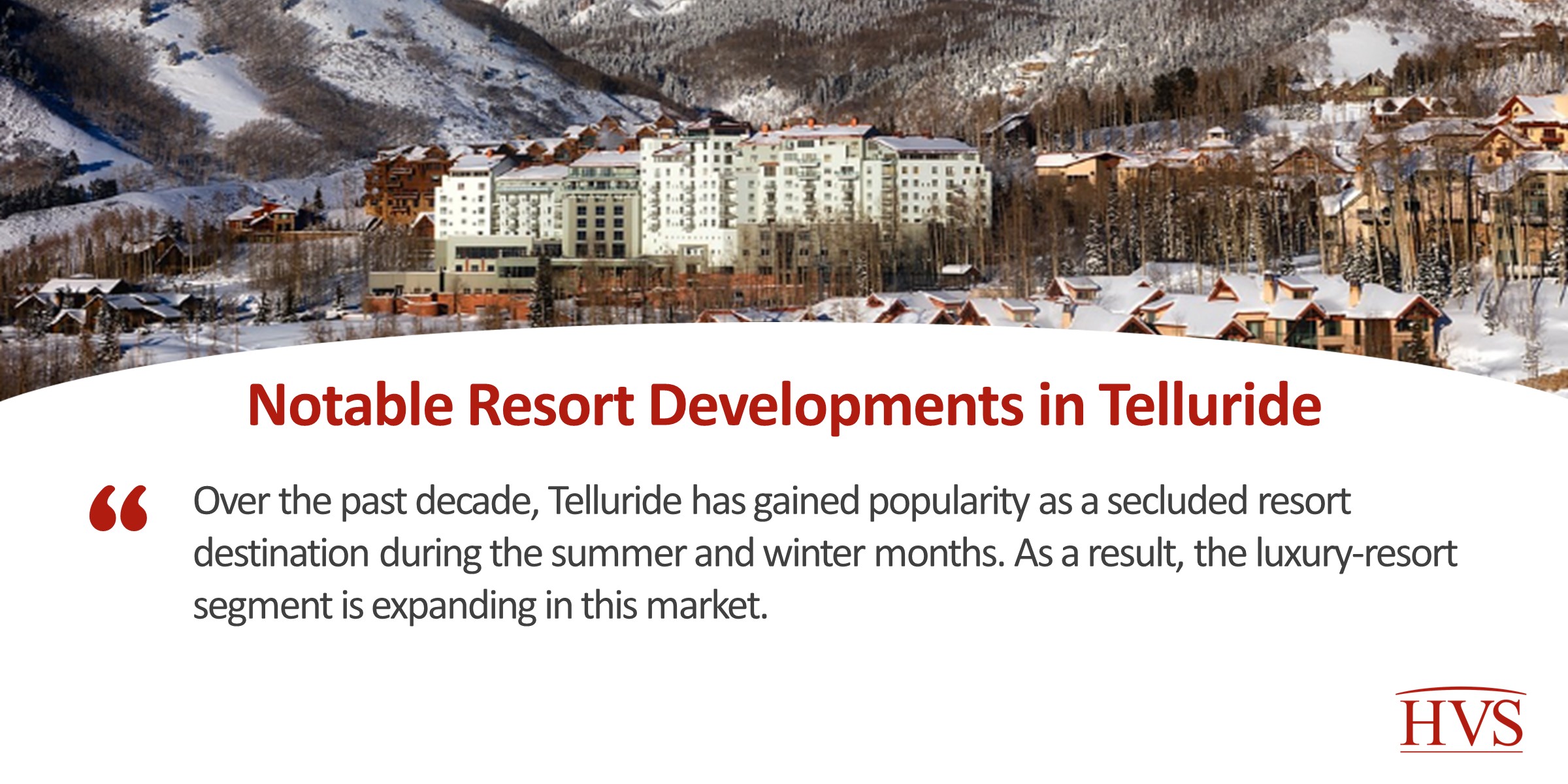Park City is experiencing an unprecedented wave of residential and hotel development, driven by expanding ski infrastructure and growing year-round demand. This article places current lodging growth in context by comparing Park City’s hotel supply to that of other mature ski resorts, illustrating why the market remains well positioned to absorb additional inventory over time.
Industry Insights
We have written thousands of articles about all aspects of hospitality, including valuations, investing, lending, operations, asset management, and much more.
Beyond the Pipeline: Why Park City’s Growth Is a Function of Scale, Not Oversupply
Park City is experiencing an unprecedented wave of residential and hotel development, driven by expanding ski infrastructure and growing year-round demand. This article places current lodging growth in context by comparing Park City’s hotel supply to that of other mature ski resorts, illustrating why the market remains well positioned to absorb additional inventory over time.
Colorado Springs Hotel Market: Recovery, Headwinds, and Growth Potential
Colorado Springs has long stood as one of Colorado’s most popular drive-to leisure destinations during the peak summer months. Government entities and related contract business have also supported strong lodging dynamics. While disruptions within the government segment over the past year have resulted in uncertainty for the near term, the long-term outlook remains optimistic.
HVS Global Perspectives – Year-End 2025
In this article, we provide the market opinions of key HVS global leaders in many different regions of the world. HVS operates across the world, and regional leaders are keenly aware of the dynamics and trends that are influencing performance, profitability, and value.
Demand-Driven Growth: Huntsville Hotel Market’s Meteoric Rise
Huntsville, also known as “Rocket City,” has rapidly become a major market in Alabama and the Southern United States, supported by a robust commercial and government demand base. As Huntsville undergoes unprecedented growth, hotel development has surged to meet the overflowing demand.
Denver Hotel Market Outlook: Signs of Stabilization and Rate Recovery by 2026
Following declines in recent years, Denver’s hotel market is expected to stabilize in 2026, with occupancy improving modestly and rate growth resuming by late spring. Risks remain, but infrastructure upgrades and a limited new supply pipeline support a cautiously optimistic outlook.
Trends and Applications of Capitalization Rates and Room Revenue Multipliers for Limited-Service Hotels
This article provides an overview of the use and application of capitalization rates and rooms revenue multipliers in the valuation of limited-service hotels, as well as recent trends for these metrics, as researched and compiled by U.S. Hotel Appraisals and HVS.
HVS Global Perspectives: Our 2025 Outlooks
Our views around the world reflect early optimism for 2025, with the anticipation of stronger transaction activity and modestly improving hotel metrics in most regions.
Hotel Performance Outlook for Denver: Growth Picking up through 2026
This piece discusses recent trends and our outlook for the Denver hotel market for the next two years, with modest growth expected to resume in 2025.
Notable Resort Developments in Telluride
Over the past decade, Telluride has gained popularity as a secluded resort destination during both the summer and winter months. As a result, the luxury-resort segment is expanding in this market.
HVS Global Hotel Industry: 2023 Recap and 2024 Outlook
As 2023 ends, regional HVS leaders across the globe take a look back at how the global hotel industry fared this year. Overall, operating metrics shined brightly, with revenue growth achieved in most global markets, while investment activity cooled. The investment market is expected to improve in 2024.
Industry Insights
We have written thousands of articles about all aspects of hospitality, including valuations, investing, lending, operations, asset management, and much more.
Colorado Springs has long stood as one of Colorado’s most popular drive-to leisure destinations during the peak summer months. Government entities and related contract business have also supported strong lodging dynamics. While disruptions within the government segment over the past year have resulted in uncertainty for the near term, the long-term outlook remains optimistic.
In this article, we provide the market opinions of key HVS global leaders in many different regions of the world. HVS operates across the world, and regional leaders are keenly aware of the dynamics and trends that are influencing performance, profitability, and value.
Huntsville, also known as “Rocket City,” has rapidly become a major market in Alabama and the Southern United States, supported by a robust commercial and government demand base. As Huntsville undergoes unprecedented growth, hotel development has surged to meet the overflowing demand.
Following declines in recent years, Denver’s hotel market is expected to stabilize in 2026, with occupancy improving modestly and rate growth resuming by late spring. Risks remain, but infrastructure upgrades and a limited new supply pipeline support a cautiously optimistic outlook.
This article provides an overview of the use and application of capitalization rates and rooms revenue multipliers in the valuation of limited-service hotels, as well as recent trends for these metrics, as researched and compiled by U.S. Hotel Appraisals and HVS.
Our views around the world reflect early optimism for 2025, with the anticipation of stronger transaction activity and modestly improving hotel metrics in most regions.
This piece discusses recent trends and our outlook for the Denver hotel market for the next two years, with modest growth expected to resume in 2025.

Over the past decade, Telluride has gained popularity as a secluded resort destination during both the summer and winter months. As a result, the luxury-resort segment is expanding in this market.

As 2023 ends, regional HVS leaders across the globe take a look back at how the global hotel industry fared this year. Overall, operating metrics shined brightly, with revenue growth achieved in most global markets, while investment activity cooled. The investment market is expected to improve in 2024.

Robust demand in urban centers continues to drive Canadian hotel values despite high interest rate environment.